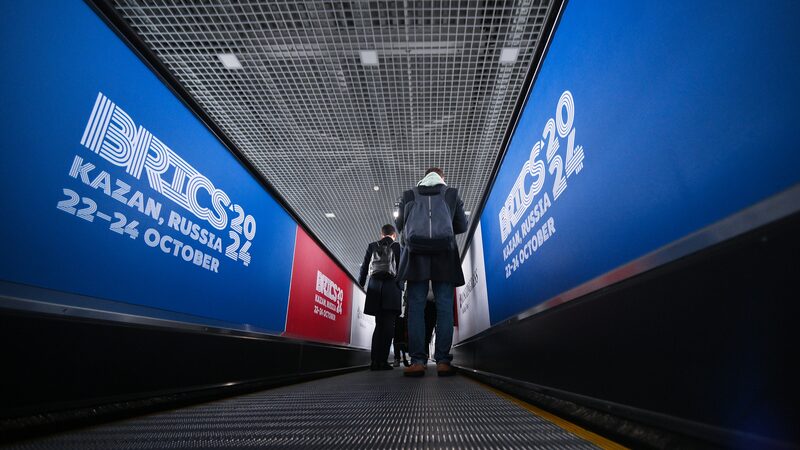The BRICS group, consisting of Brazil, Russia, India, China, and South Africa, has evolved significantly since its inception. What began as a modest summit in Yekaterinburg, Russia, in 2009, initially garnered little attention in the West compared to the more prominent G20 meetings. However, the inclusion of South Africa in 2011 transformed BRIC into BRICS, sparking debates about its potential impact.
Critics initially questioned the cohesion of BRICS members, given their geographical diversity and existing dependencies on Western economies. Despite these challenges, BRICS has demonstrated remarkable resilience over the years. The group has not only expanded its membership but also established influential institutions like the New Development Bank (NDB) and the BRICS Contingent Reserve Arrangement (CRA). These initiatives highlight BRICS' commitment to fostering economic cooperation and financial stability among its members.
Furthermore, BRICS has initiated various mechanisms for multilateral parliamentary exchanges and civil society interactions, strengthening its internal solidarity and global influence. This gradual evolution has raised concerns in Western nations about a potential shift in the global balance of power. Notably, China has been leveraging BRICS to enhance its relationships with the Global South, offering attractive cooperation models that, while ambitious, reflect a strategic effort to expand its influence beyond traditional Western spheres.
As BRICS continues to strengthen its economic and political ties, the West remains vigilant about the implications for international relations and global governance. The group's ability to coordinate policies and present a united front on global issues underscores its growing significance in shaping the future economic landscape.
Reference(s):
cgtn.com




